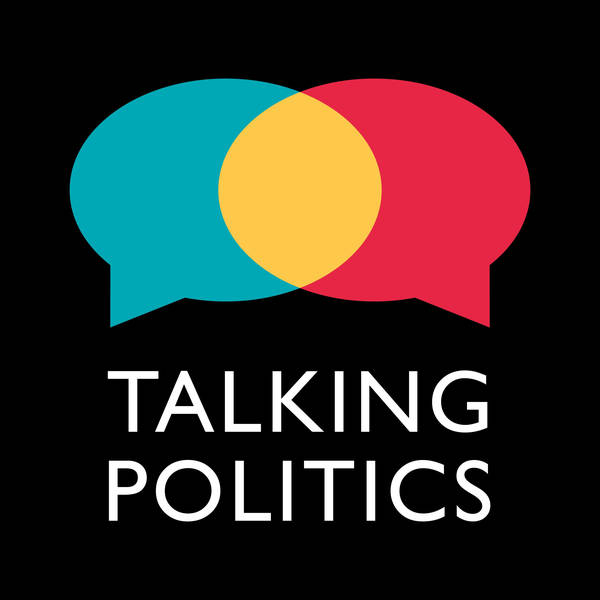
Co-operation or Conflict?
This week we try to assess whether the Covid-19 pandemic is driving the world together or pushing it further apart. From US-Chinarelations to tensions within the EU, we discuss how coronavirus is exacerbating existing tensions and how it might overcome them. Are we going to see new forms of international co-operation? What does it mean for globalisation? And is the politics of competence making a comeback? With Helen Thomson and Hans Kundnani from Chatham House.
Talking Points:
The crucial issue between the US and China right now is supply chains.
A huge percentage of antibiotics used in the US involve supply chains that include China. Helen thinks it’s unlikely that we will continue to live in a world in which the production of pharmaceuticals is so integrated.Will interdependence push towards cooperation or conflict?Two big things have changed since 2008: Trump is in the White House, and central relationships (US-China, US-Europe) have deteriorated.There are different degrees of globalization. There is, for example, a more moderate version, and what Dani Rodrik calls ‘hyper-globalization.’
If you think of globalization as consisting of movement of goods, capital, and people, you might have different degrees in all three areas.The thing that’s come to a sudden stop in this crisis is the movement of people.China does have a dollar problem. Right now, the Fed has provided swap lines to a number of states, but not the Chinese Central Bank.
At the moment there’s no need for it to do so.But this crisis may have opened up a possibility that wasn’t a possibility a month ago.Could that then become a problem for the United States? You would need to think more about exchange rate cooperation.Does Europe need to pick a side between the US and China?
We were already moving in this direction already; look at the battles over 5G.The more competition there is over supply chains, the more European countries will have to choose.Transatlantic rifts tend to become intra-European rifts as well.The current crisis is an emphatic demonstration that, in the Eurozone, the coercive power of states remains the prerogative of member states.
Different states use power differently. Orban is willing to go much further, for example.If some EU states deal more effectively with this than others, what happens to freedom of movement?Mentioned in this Episode:
The Globalization Paradox by Dani RodrikHans’ book, The Paradox of German PowerFurther Learning:
Hans’ piece for the Observer, ‘Can a nation be both open and in control? The UK is about to find out.’ The FT on Peter Navarro’s remarks about supply chains and bringing home manufacturingOur most recent episode with Adam ToozeAnd as ever recommended reading curated by our friends at the LRB can be found here: lrb.co.uk/talking
